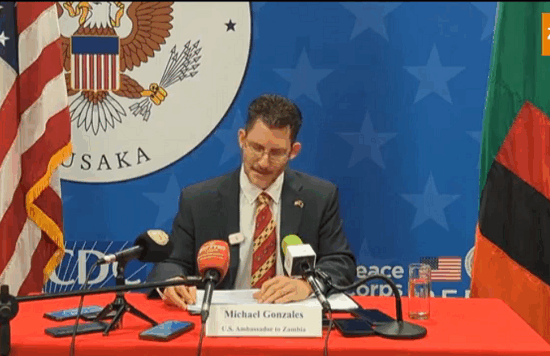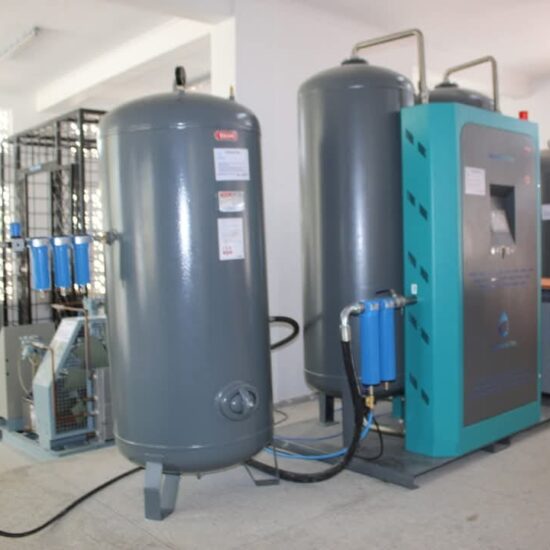
The adverse effects of load shedding have continued to reflect in the Jesuit Center for Theological Reflection – JCTR Basic Needs and Nutritious Basket which has indicated an increase in the cost of living for a family of 5 in Lusaka by K28.41 from K6, 327.28 in September 2019 to K6,355.69 in October 2019.
JCTR has attributed the upward shift in the cost of living to a rise in the prices of some food items on the market and high production costs in the economy adding that the cost of living for a family of 5 in Lusaka went beyond K5,000 thresholds for the first time in history.
In a statement made available to the Zambian Business Times – ZBT by JCTR Communications Officer Alice Mapulanga, JCTR has observed that the majority of poor households which cannot afford generators, gas cookers and solar panels are now forced to rely on charcoal thereby affecting negatively the already fragile environment.
JCTR states that the power outages and energy costs have meant an increase in production of goods which in turn has led to further increase in the cost of living.
The center has since wondered why the country has failed to learn from the past experiences of low water levels in Lake Kariba and invest in alternative and renewable energy sources adding that although Zambia is blessed with a lot of water, onset of climate change beckons the country to diversify its energy generation capacity.
“The solution to the power deficit does not lie in increasing electricity tariffs by over 100%. Lest we forget that in 2018, electricity tariffs were increased by 75% and the tariffs increment had a major effect on cost of living,” JCTR.
Government has since been urged with other stakeholders to take deliberate measures to vigorously sensitize the populace on the benefits of using gas stoves as opposed to using electricity stoves and further put measures to project the forests and forest reserves as most of them are endangered due to the high demand for charcoal.
The center is also expecting government to share with the nation a workable national policy and plan to expand and diversify the energy generation capacity by aggressively embracing alternative renewable energy sources.







